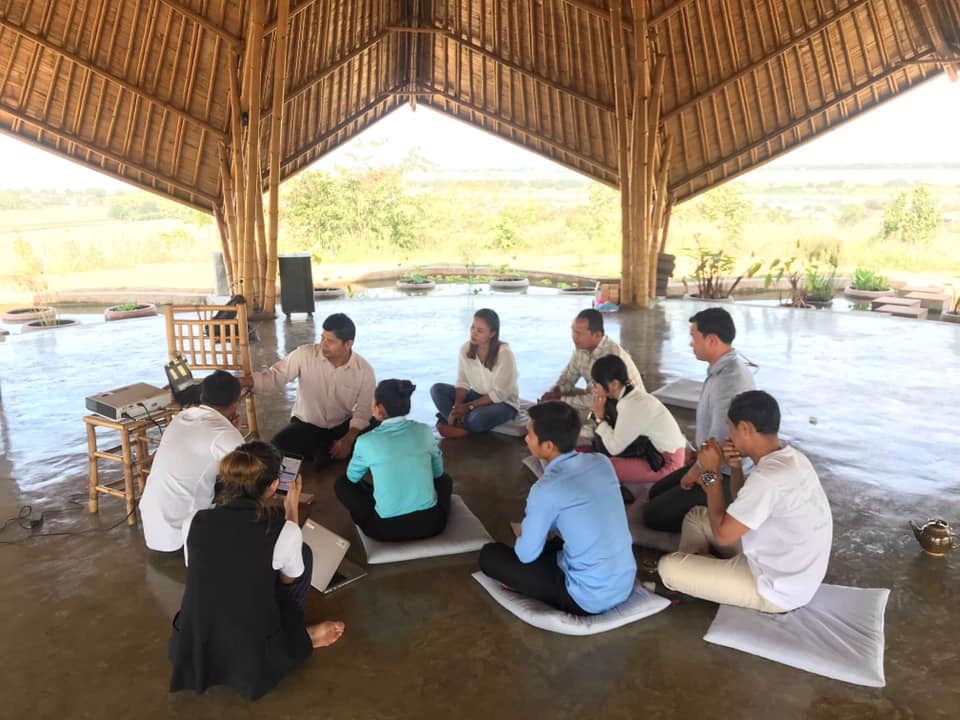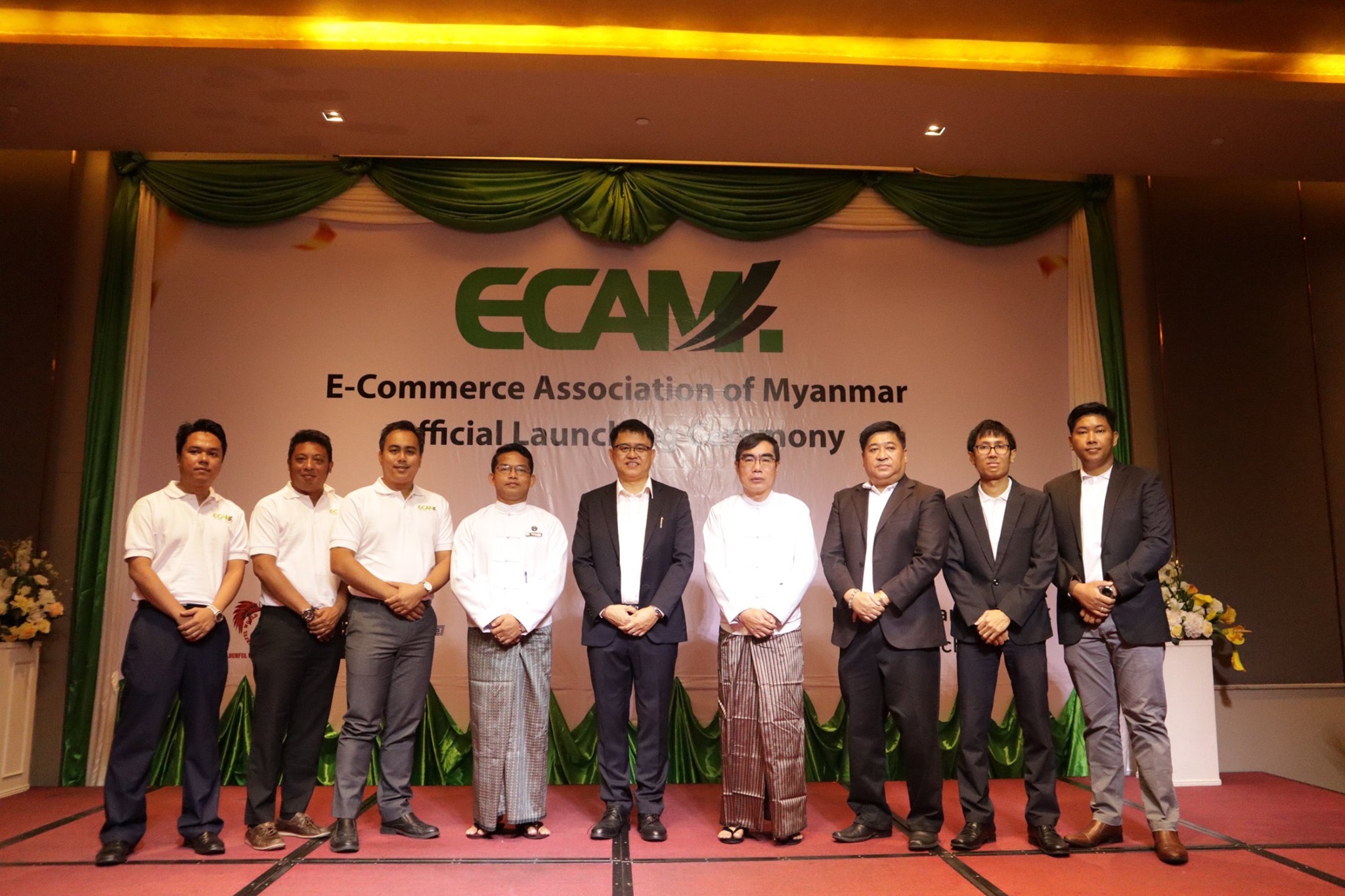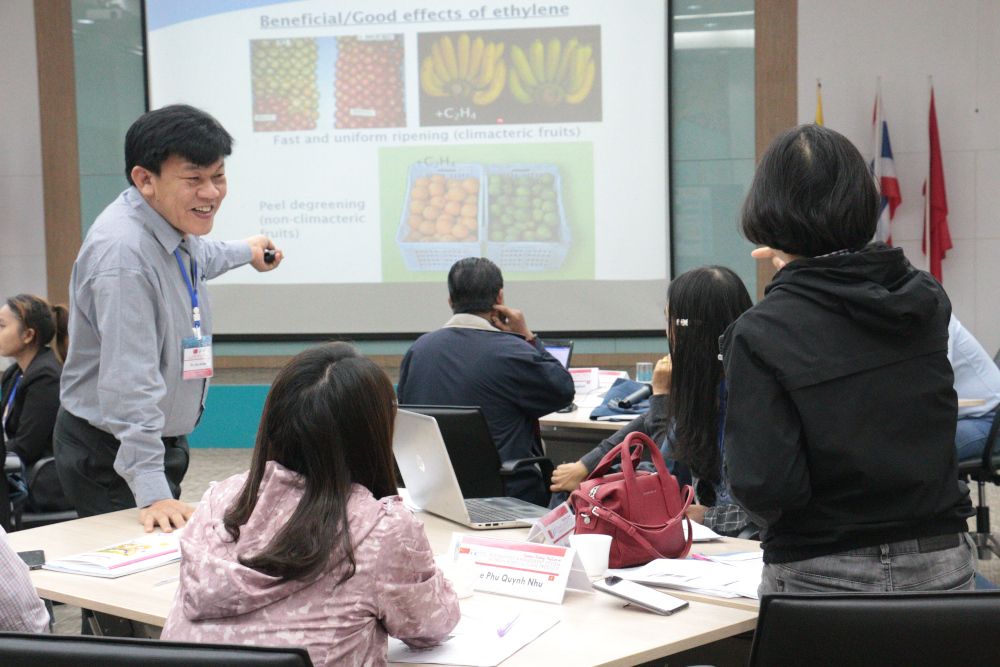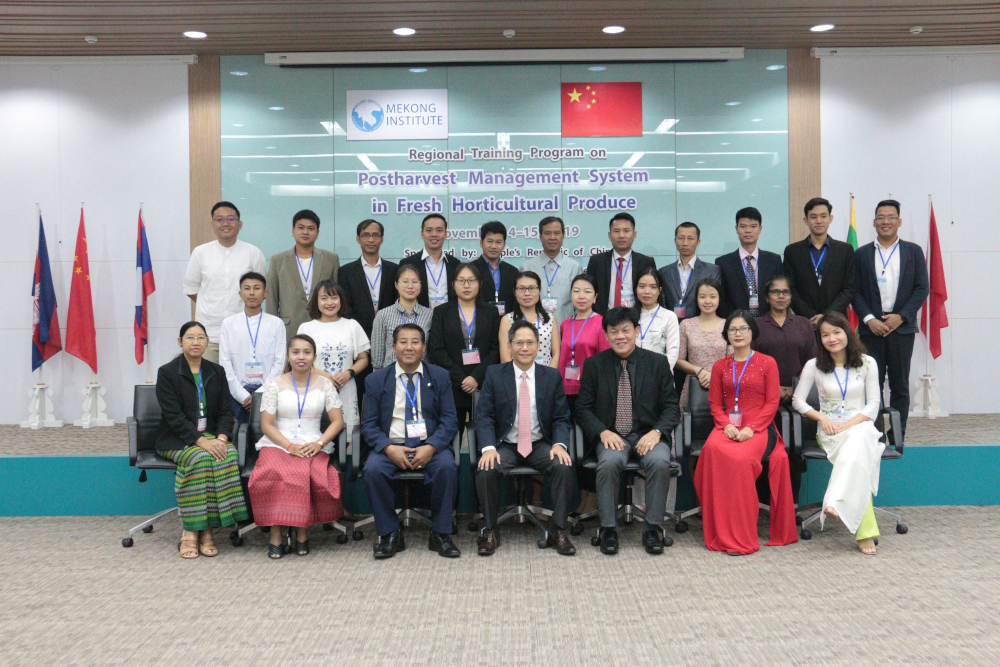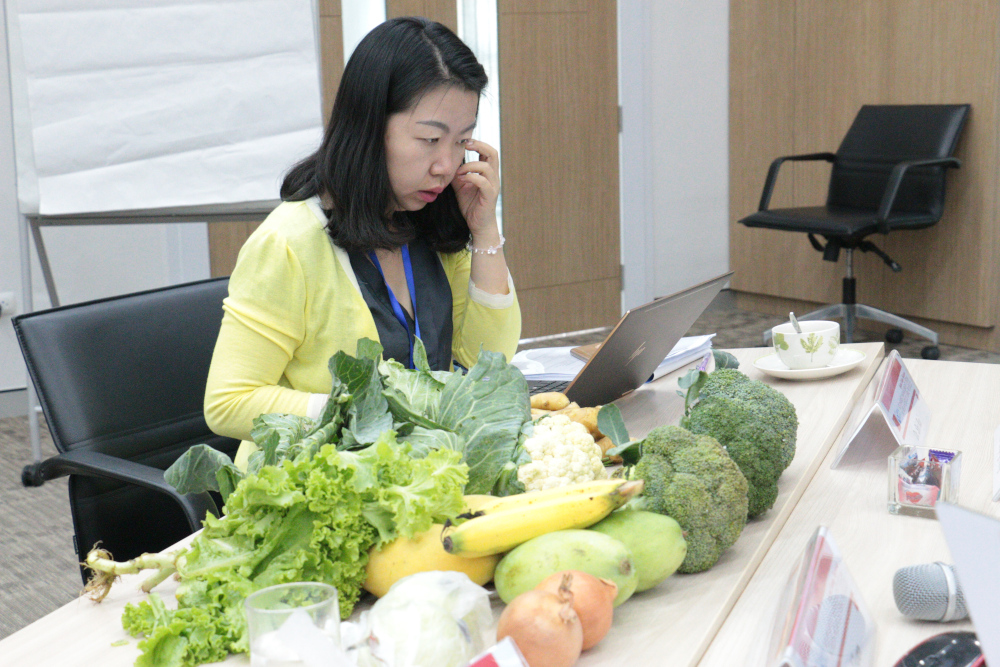Mekong Institute
Type of Organization
Other
Type of cooperation
Capacity Building, Policy Dialogue, Knowledge Exchange, Research
Region
Asia and the Pacific
FIELDS OF EXPERTISE
Agriculture Development and Commercialization, Trade and Investment Facilitation, and Sustainable Energy and Environment
COOPERATION
Type of cooperation
Capacity Building, Policy Dialogue, Knowledge Exchange, Research
Current Cooperating countries
Cambodia, China, Lao PDR, Myanmar, Thailand and Vietnam
Potential Cooperating Countries
Cambodia, China, Lao PDR, Myanmar, Thailand and Vietnam
South-South and Triangular Cooperation
Summary of Projects and Achievements
Since 2006, The Chinese Government has supported regional cooperation and development in the Lancang-Mekong Region by working with MI. This wide array of capacity building programs is focused on fostering interconnectivity across the Lancang-Mekong Region/GMS that alleviates poverty through broader economic integration across a range of sectoral areas including agriculture, trade and investment, energy, water resource, technology and innovation, and people-to-people exchange and regional government cooperation.
Under the 49 projects (116 activities) funded by the Chinese agencies (including Chinese Central Government and Yunnan Provincial Government, Yunnan Power Grid Co., Ltd., Yunnan Provincial Energy Administration, China Southern Power Grid Co, Ltd., ASEAN China Cooperation Fund and Lancang-Mekong Cooperation Special Fund), a total of 2,519 participants from Cambodia, China, Lao PDR, Myanmar, Thailand and Vietnam benefited from MI capacity building projects as of August 2021.
Major SSTC Projects
Rural E-Commerce Development in Lancang-Mekong Countries
Duration: 2018-2021
Location: Cambodia, China, Lao PDR, Myanmar, Thailand, Vietnam
Activities:
Baseline Study on Rural E-commerce Development in GMS, June – August 2018;
The first Regional Modular Training on Rural E-Commerce Development in LM Countries, October 2018- March 2019
The second Regional Modular Training on Rural E-Commerce Development in LM Countries (March-December 2020)
Online-onsite consultation workshops and online interviews on Rural E-Commerce Policy Development from (May-Dec 2020)
Final Project evaluation and action research report for policy paper development (2021)
Results:
- Trained 48 participants to enhance their understanding and capacity on Rural E-Commerce (REC) Development in LM countries via Two Cycles of Modular Training Programs in 2018-2019
- Facilitated dialogues between public and private sectors on rural e-commerce development
- Facilitated discussion on policy development to support e-commerce and rural e-commerce in LM countries, especially during the Covid-19 in 2020.
Highlights:
- Guided participants from SMEs to prepare e-commerce business plan/e-marketing plan, and innovate e-commerce business.
- Fostered collaboration by fostering formation of e-commerce business association and information center
- The trained participants were inspired to initiate support to promote e-commerce development through start-up incubation and capacity building programs
Agriculture Development
Activities:
Regional Training on Promoting Cross-Border Trade through Value Chain Development (November-December 2016)
Regional Training on Postharvest Management System in Fresh Horticultural Produce (November 2018 and November 2019
Results:
Transformed Agricultural Practices
The participants from Myanmar, Thailand and Vietnam switched to organic produce, improved their low-tech cold storage facilities, changed their packaging or introduced new packaging measures and opened up new markets to sell their goods.
The participants worked with local communities and provided simple and workable solutions to flash burning agricultural waste after the rice harvest.
Increased Regional Collaboration
Promoted collaborative projects that emerge from trainings which lead to greater sharing of knowledge, skills, experience and technological transfer.
Highlights:
Influenced Chinese co-participants from a university in Kunming to make technical investments in Thailand. This growing mutual relationship is evolving with a memorandum of understanding between the two entities to solidify their commitment to ongoing technical transfer and shared management practices, particularly in post-harvest management. The mutual benefits and investments for both Yunnan and northern Thailand in this arrangement leads to positive economic outcomes and agricultural management upgrades that move local communities to greater economic sustainability.
One alumnus received funding from Australian Aid and implemented the principles of the initial learning's from the MI training among 1,000 ethnic Khmer beneficiaries in Tri Ton District, An Giang Province, Vietnam and through the Mekong Delta. The most impact was noticed in the income for the farmers, resulting in significant economic impacts across these communities as financial incomes were increased and poverty reduced.
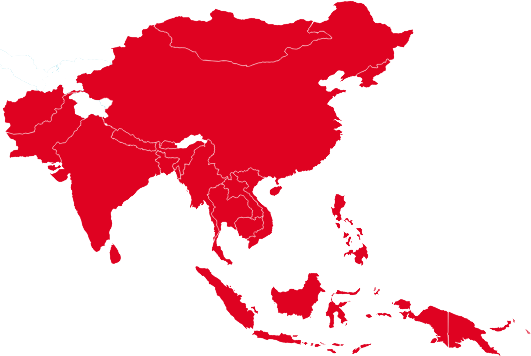
Mekong Institute
Superior Authority
Owned and represented by 6 Mekong Countries such as Cambodia, P.R China, Lao PDR, Myanmar, Thailand and Vietnam
Type of Organization
Other
Address
123 Mittraphap Road Muang, Khon Kaen 40002, Thailand
Website
https://www.mekonginstitute.org/Contact
Name: Pornwilai Pumira (Ms.) Division: Office of Executive Director Tel: +66 (0) 43 202 411 ext. 1102 Fax: +66 (0) 43 204 043 Email: [email protected] Name: Than Tha Aung (Ms.) Division: Sustainable Energy and Environment Department Tel: + 66 (0) 4320 2411 ext. 4103 Fax: + 66 (0) 4320 3656 Email: [email protected]


